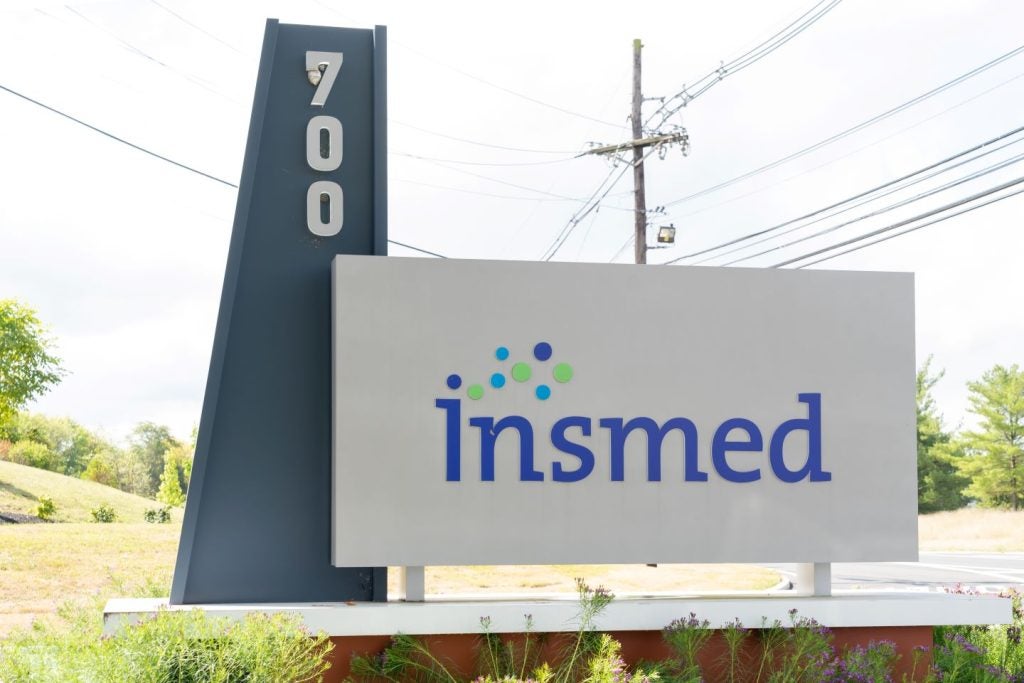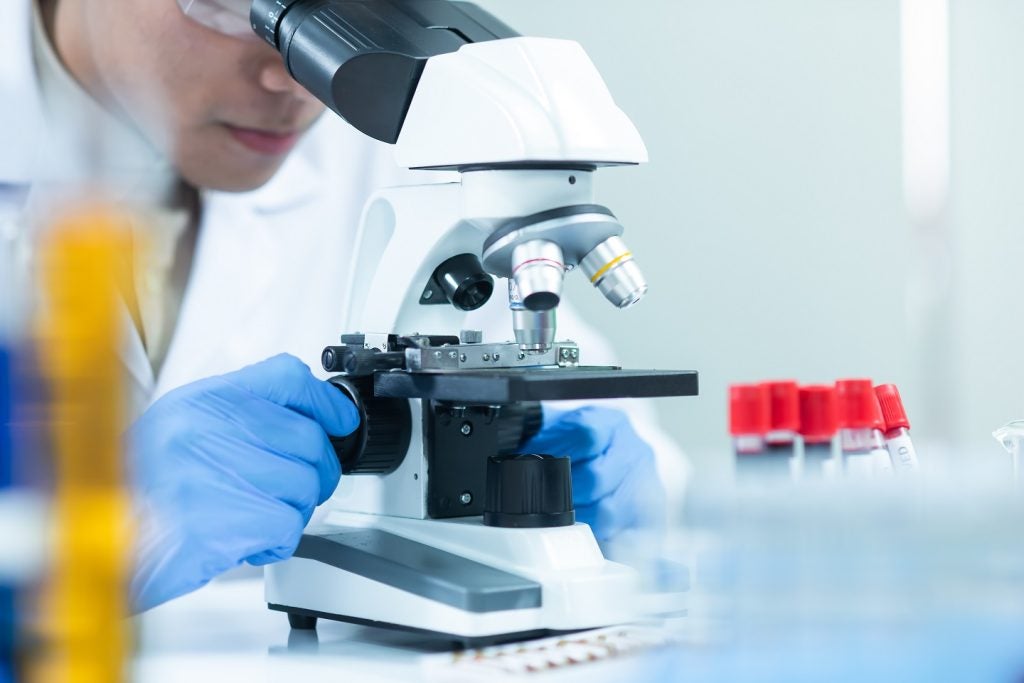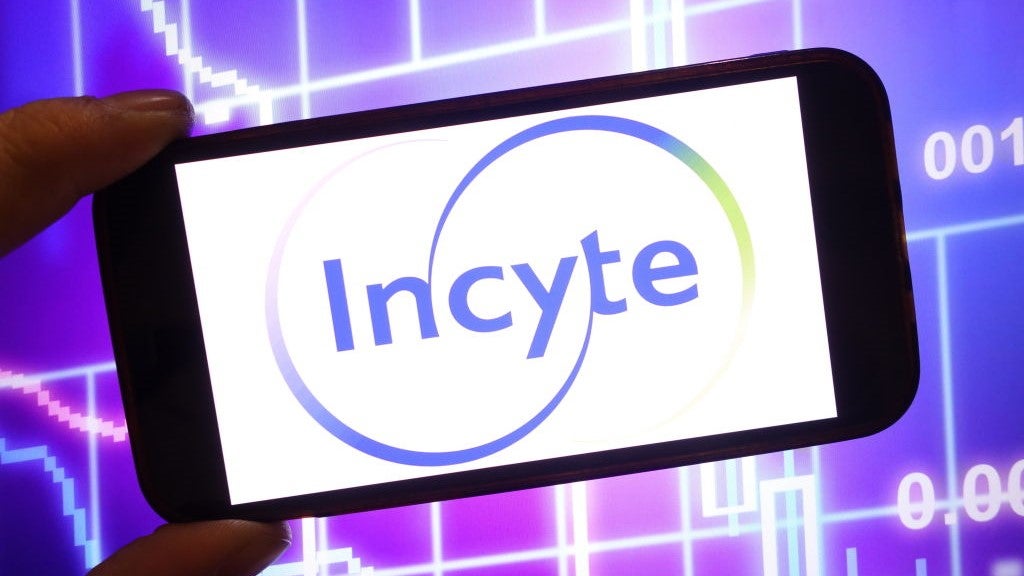Duchenne muscular dystrophy (DMD) is a rare genetic disorder that is characterised by progressive muscle degeneration and weakness, and is caused by mutations in the dystrophin gene. Currently, the DMD treatment landscape includes Sarepta’s Elevidys (delandistrogene moxeparvovec), the first FDA-approved gene therapy for DMD, which delivers a micro-dystrophin gene via an intravenous route. However, Insmed is set to challenge this space with its innovative gene therapy asset, INS1201. Following FDA clearance of its investigational new drug (IND) application in December 2024, Insmed plans to initiate Phase I clinical trials for INS1201 in H1 2025, according to an announcement during the JP Morgan 43rd Annual Healthcare Conference, held from 13 to 16 January in San Francisco, California, US.
Unlike Elevidys, which requires systemic intravenous administration, INS1201 is delivered intrathecally, directly targeting the central nervous system. This targeted delivery approach is designed to address the safety and efficacy challenges associated with systemic gene therapies. By focusing the treatment directly where it is needed, intrathecal delivery significantly reduces the required dose by tenfold to 50-fold, thereby mitigating systemic toxicity and off-target effects. This could offer patients a safer and potentially more effective option, particularly considering safety concerns linked to the high viral vector doses used in intravenous therapies, despite challenges such as spinal cord injury, nerve injury, and the possibility of infections.
INS1201 represents the first application of Insmed’s targeted adeno-associated virus (AAV) delivery platform in DMD. The company has announced a $500,000 equity investment from CureDuchenne Ventures to support the programme, with the company emphasising the excitement around this approach. Insmed is also advancing RNA end-joining (REJ) technology to expand the capabilities of AAV-based therapies. This platform enables the delivery of larger genes, which could unlock opportunities to address diseases like Stargardt disease and other conditions that were previously considered to be unsuitable for traditional AAV therapies. Simultaneously, the company’s Deimmunized by Design platform is exploring re-dosable gene therapies, which may overcome the immunogenicity barriers associated with existing viral vector-based treatments.
Key opinion leaders (KOLs) interviewed as part of GlobalData’s research emphasised the potential for gene therapy to be used as a first-line treatment for eligible ambulatory DMD patients, to be used alongside steroids. While KOLs view Elevidys as a promising advancement and “the closest we have to a cure,” they also noted its limitations, including potential side effects and its inability to address all DMD mutation subtypes. These factors emphasise the need for additional gene therapies that offer improved safety profiles and broader applicability. The upcoming Phase I clinical trials of INS1201, with results anticipated in Q1 2026, represent a significant step forward and have the potential to expand and challenge the current gene therapy landscape in DMD.
















